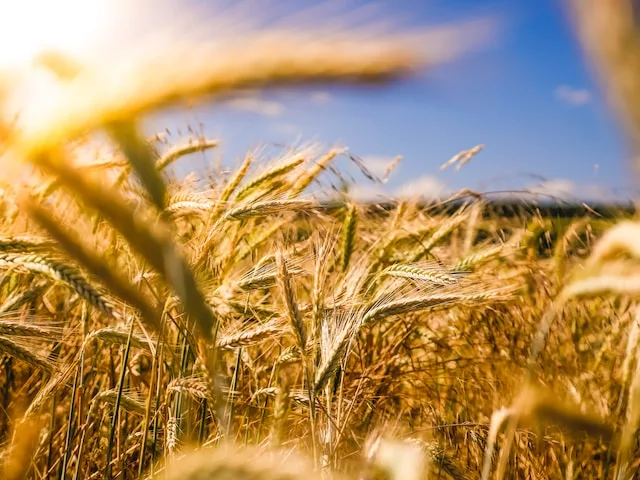Global challenges such as climate change, biodiversity loss, and a growing population pose a difficult task for agriculture to meet the increasing demand for food. Artificial Intelligence (AI) can be a crucial tool that helps farmers enhance productivity and balance food production with environmental protection.
Precision agriculture using AI
Precision agriculture involves the use of advanced technologies to optimize agricultural processes based on data. AI, along with other technologies such as Big Data and the Internet of Things (IoT), enables the collection, processing, and analysis of large amounts of field data.
This allows farmers to adapt their practices to the specific conditions of each part of the field, rather than applying uniform practices across the entire field. It enables resource savings, such as water and fertilizers, and increases crop efficiency.
Automation and robotics
Another area where AI has a significant impact is automation and robotics. AI-driven agricultural robots are already being used for various tasks such as planting, cultivation, harvesting, and weed control.
These machines are not only more efficient but can also work around the clock, increasing productivity. Additionally, automation can reduce the need for strenuous physical labor in agriculture.
Forecasting and risk management
AI can also help farmers better manage risk and forecast outcomes. AI algorithms can predict weather conditions, plant diseases, or pest outbreaks, enabling farmers to better prepare for these challenges.
This technology can also assist in yield forecasting, which is crucial for planning and managing the food supply chain.
The application of AI in agriculture has the potential to accelerate the transformation of this sector and help meet the growing demand for food in a sustainable manner. The future of agriculture lies in data and technology-driven farming, enabling increased productivity while safeguarding our planet. It is a challenge, but also a tremendous opportunity for farmers, scientists, engineers, and policymakers worldwide.

